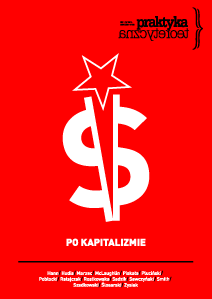Learning from Manchester: Uneven Development, Class and the City
Learning from Manchester: Uneven Development, Class and the City
Author(s): Kacper PobłockiSubject(s): Social Sciences
Published by: Uniwersytet Adama Mickiewicza
Keywords: uneven development; class; Manchester; Engels; urban theory
Summary/Abstract: This paper argues that one of the greatest challenges mounted to urban theory is accounting for the simultaneous unfolding in the Global South of “planetary urbanization” and world’s greatest industrial revolution. In order to show that industrial cities are still pertinent to urban theory, I revisit Victorian Manchester and Fredrick Engels’ classic account of it. I argue that Engels was a pioneer of what I dub “anthropology of the impersonal” and his “discovery” of class became the cornerstone for Marxist thought. Yet, his innovation has remained under-appreciated, and the astonishing career of the “dual city” concept is a good case in point. I argue that its popular embrace stems from the way it brings “uneven development”, “class” and the “city” in a gripping metaphor. Although Engels showed how these concepts were intertwined, he kept them theoretically separate. He did so because he used them not only for describing how capitalism worked, but also as tools for triggering a political change.
Journal: Praktyka teoretyczna
- Issue Year: 2013
- Issue No: 09
- Page Range: 237-267
- Page Count: 30
- Language: English

